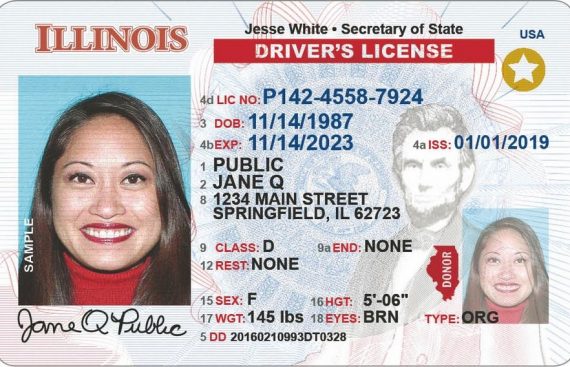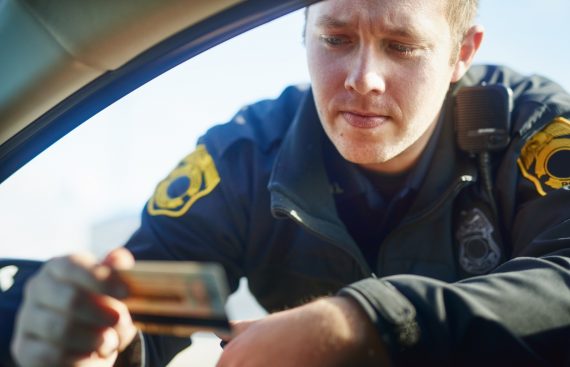Restricted Driving Permit
A restricted driving permit always requires a hearing with the Secretary of State and only allows driving for certain reasons. Typically, the permit will allow driving for:
- work,
- school,
- day care,
- medical, and
- support
The permit only allows driving for that specific reason. Any driving outside of that purpose is not allowed and illegal. The Secretary of State will, almost always, first issue a person a restricted driving permit even if eligible for full reinstatement.
Hardship – Work Permit
A “hardship” must be proven if a person is not eligible for full reinstatement at the time of the hearing. After that time, no hardship need be proven. A hardship is easily misunderstood. For example, a work hardship only exists if there is a significant financial impact. Inconvenience in getting a ride to and from work does not count.
Breath Machine
The breath machine is known as a BAIID, which stands for “breath alcohol interlock ignition device”. The machine is connected to a car’s ignition and requires a breath result before the car will start.
If the machine detects alcohol, it will prevent the car from starting. It also has “rolling retests”, which require the driver to provide a breath result while the car is in operation.
A BAIID is required for anyone issued a restricted driving permit, if they have lost driving privileges for a DUI related arrest on at least 2 separate occasions. It does not matter how far in time these arrests are from each other.
BAIID Violations
Any BAIID violation will need to be explained to the Secretary of State. If they believe the violation was alcohol related, it can cause problems with getting a license fully reinstated. It, may, even cause a driving permit to be cancelled or not renewed.
BAIID lockouts are common. If it occurs for a non-alcohol related reason, simply wait a few minutes and try again. Usually, that will fix the problem. As long as the lockout does not continue, with the car starting soon after the initial lockout, the Secretary of State will usually realize this was a false positive. If there is a significant delay from the time of the lockout until the car starts, it will be assumed that alcohol was involved. Not good.
Also, many people will try and start their car the day after drinking alcohol. Most don’t realize that alcohol will still be in their system even the next morning. The BAIID will, likely, detect that alcohol and cause a lockout.
This will need to be explained to the Secretary of State. You will have a problem to confront at your hearing to ask for full reinstatement.
Length of Permit
A restricted driving permit is issued for one year. After nine months, another hearing is needed to get full reinstatement. As long there were no problems while driving on the permit, full reinstatement is very possible. An exception exists if a person is either not eligible for full reinstatement at that time or is considered a “Baiid Multiple Offender” (5 year baiid).
5 Year Baiid
A 5 year Baiid is required for anyone who has had at least 2 Dui “convictions” at any point in their live. This person is known as a “Baiid multiple offender” and will be required to drive on a restricted driving permit for 5 years with the Baiid. Full reinstatement will not happen until that time has elapsed.
Every year for the 5 years the permit will need to be renewed through an informal hearing. As long as there have been no baiid violations or citations for moving violations, renewal is not difficult.






